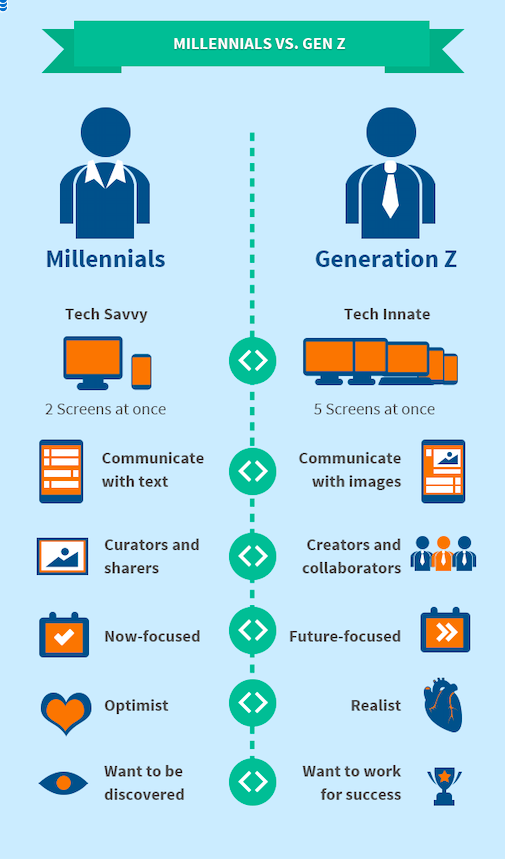Gen Z and India’s General Elections
Today, April 11, 2019, India’s Game of Thrones starts being played in 91 constituencies across the country as they go to the polls. As the 17th Lok Sabha gets its elected representatives, the BIG unknown that politicians of all hues are looking answers for, is how will the young adult vote?
Ever since, India amended its constitution in 1988 to reduce voting age from 21 to 18, this demographic has been the most exciting and disruptive for political equations across the board. And truly, Gen Z in India as the largest population group after the Millennials, are expected to carry the demographic dividend of making India the largest young country in the world.

The key question however, is will they cast their vote, as they right swipe on their smartphones? Fastest fingers first? Using quick reaction impulses honed on playing PUBG and other multi-player games?
Or will they punch in their choices on the EVMs with well-considered rationality of watching Prime Time TV debates which devolve into Twitter Hashtags and trends?
Either way, it will be informed instant gratification versus branded instant gratification. As opposed to what?
Truth be told, the hustings were always a bit of a gamble for all players, as universal adult franchise allows all citizens in a democracy that moment of total private madness, where the state of mind or emotions and dreams of an individual or collective or community gets factored into choosing a representative to oversee and shape the functioning of all other parts of a government.
It isn’t perfect, but it is downright better than all other alternatives ever used since Plato wrote on democracy and Kautilya on Statecraft. At least, there is an elected opposition to every decision, and the need to explain any decision taken in the name of people. Simply put, democratically elected governments have resulted in fewer people dying from famine, disease and war than totalitarian regimes. It’s a question of being answerable to people every 5 years!
Now back to the Gen Z question- where “swipe right” and “scroll down” are peer approved acts of interest, where emojis are conversation and selfie camera filters the favourite form of self- expression.
How does decision-making stack up? Adapted from KPCB Internet Trends 2016, here’s a look at how Gen Z differs from Millennials.
Basis various studies, India’s Gen Z will be between 472 Million (51% more than China’s projected 312 million) to 356 Million. Within this Snapchat, Tiktok, ShareChat consuming and content creating demographic, there are some 130 Million first-time voters.
Whichever figure you believe, their share would range from 50 to 14 percent, enough to cause serious disruption in well laid out campaign strategies. For reference, even a two percent swing can seriously change electoral fortunes in our “first past the post” system. And if their politics is swayed by social media and fake news, we may have heightened uncertainty of the #Brexit kind, where UK has switched 2 PM’s as the stay/ leave referendum goes through an unprecedented “Kabhi Haan, Kabhi Naa” moment, with Millennials blaming Gen X’ers and Gen X’ers blaming Baby Boomers for curbing their expansionist mindset with insular policies.
Just for reference, Bernie Sanders, Trump, May, Modi, Hilary Clinton are all Baby Boomers- born in the post-World War 2, 1945-65 era; Obama, Rahul Gandhi, Arvind Kejriwal are all Gen X’ers- born during the student uprising, Feminist and Flower Power era of 1965-80. The Millennials would probably be the Alexandria Ocasio-Cortez, Yogi Adityanath and the Kanhaiya Kumars of the world.
Who will the Gen Z’s of India choose to as their leaders to represent them for the next 5 years? Their choices are from among peers of their grandparents, parents, and seniors. And how will media interpret their choice as alignment with policies or economic aspirations? Or will they put their aspirations and agenda’s upfront and choose people who best represent those and align with their interests?
Jay Vikram Bakshi